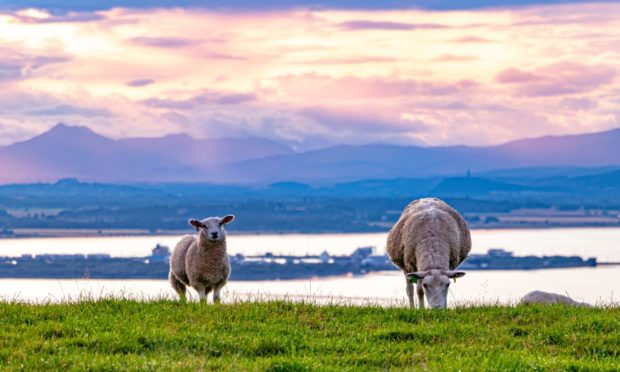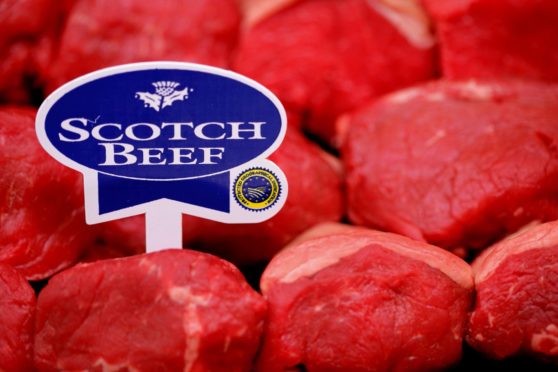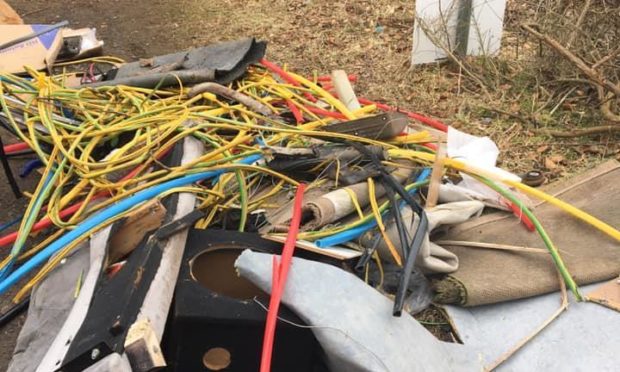Early Spring always brings a feeling of anticipation – lambs are nearly here, crops and grass are growing, we have had good news on potential lifting of Covid restrictions oh and there is an election on the way too.
It’s always an interesting time to look forward over the next five years and hear from political parties what their vision is and how they would seek to mould policies for rural Scotland.
Scottish Land and Estates (SLE) also publishes a manifesto and we have laid out what we believe are major issues for rural businesses.
The key element is looking to re-invigorate rural Scotland for people, jobs and nature and we can only be successful if each element is delivered. Economic, environmental and social capital in rural areas are interconnected so it is vital that all are considered together.
In terms of our specific asks, some are very clear.
We need long-term vision and principles around agricultural support to enable planning and where needed, system changes must be started. The various sector groups will help with this, but we still need to see the overarching vision beyond this and how we are going to forge production and environmental benefit together.
Backing this up, we need to promote the quality of Scottish produce; it is the only way we can have full confidence that what we put in our mouths is of the highest environmental and production standards. This must be led by public procurement, a commitment by government and others to support our produce and understand the full economic benefit as the money trickles down through the economy.
While we all want people to enjoy what rural Scotland has to offer, both as tourists and as locals, we also need to protect our environment from irresponsible behaviour.
Long-term investment is required to provide countryside rangers to guide visitors and ensure they do no harm, similarly we need clear public messages outlining what responsible behaviour looks like.
Allied to this we need to review how fly-tipping is tackled. We want to see a proper database to log where incidents occur and to remove the liability for the costly clean-up operation from the landowner who has been the victim of a crime.
More must be done to prevent fly-tipping from taking place in the first place. This major problem is threatening to get out of hand and potentially spoil what Scotland is famous for: stunning scenery, great food and drink and a welcoming feeling.
Other issues we would like to see addressed are “rural proofing” of policies to ensure there are no unintended consequences of attempts to “fix” urban issues. We saw this with the short-term lets regulations which have now been withdrawn after heavy lobbying from SLE and others.
The need to put rural areas first when considering enhanced connectivity is crucial to ensure we don’t get left behind. Our businesses, livelihoods and education depend on it.
Biodoversity is often forgotten, with the focus on net-zero, yet it is a vital component of achieving that goal. In our manifesto we are asking for an evidence-based approach and more work to be done to develop both private and public funding mechanisms to help deliver a net gain.
One of the key lessons from the Covid-19 pandemic has been the need to support each other and look after our mental as well as our physical health.
The Scottish Government provided funding to help the great work of RSABI this year and we believe there should be a longer-term commitment to support mental health work in rural areas.
These are a lot of asks. But it is imperative that politicians work with the rural sector to re-build our economy and strengthen job security. This really is central to rural Scotland thriving.
- Stephen Young is head of policy at Scottish Land and Estates.


